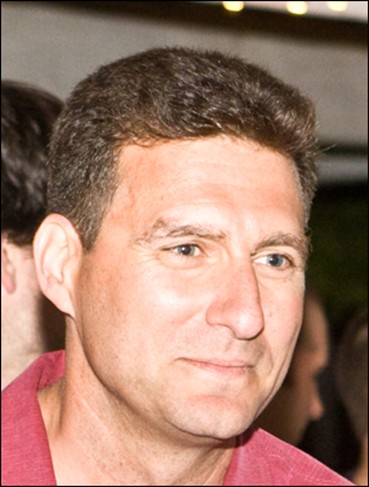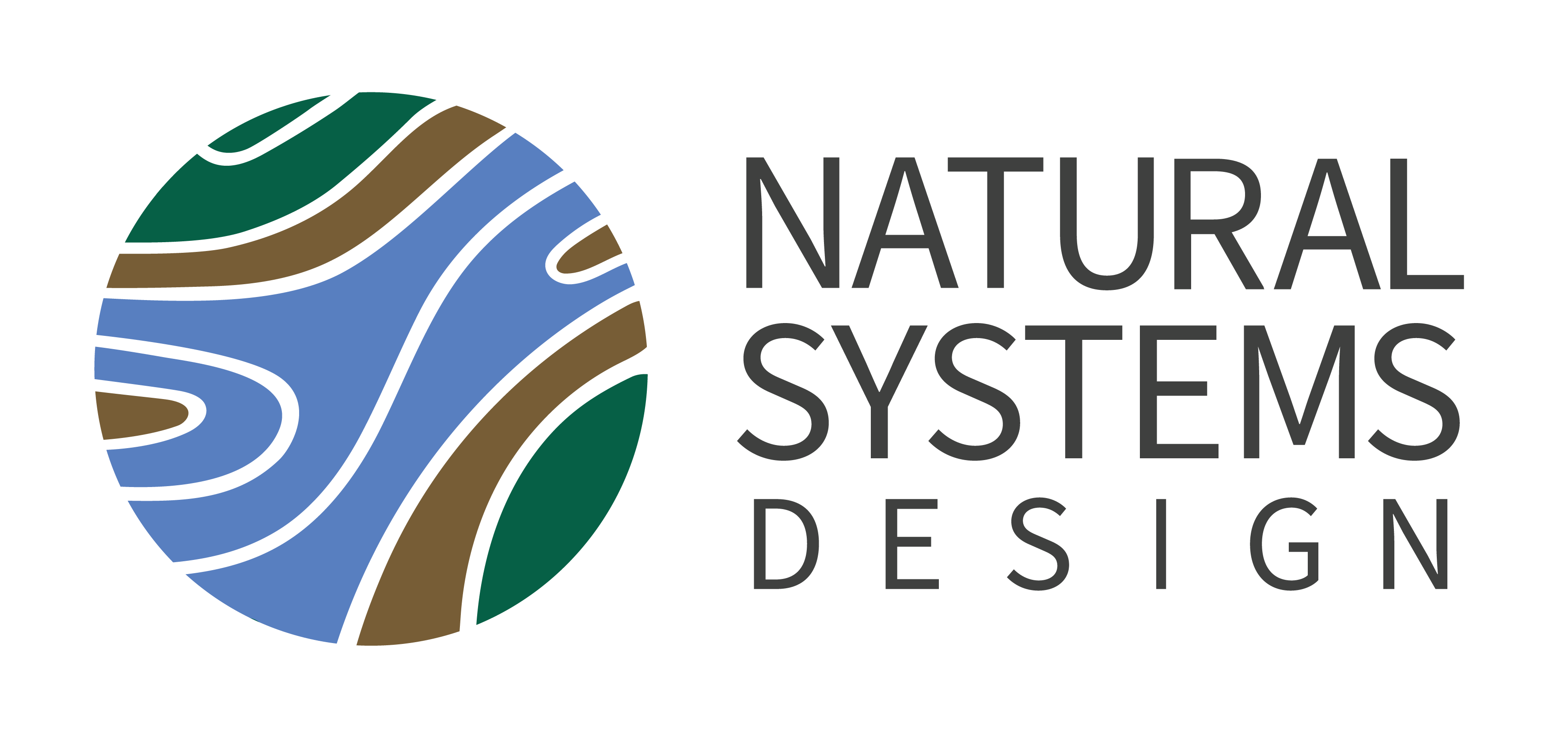
Ecosystem Response to the Removal of the Elwha River Dams, WA, U.S.A.
Worldwide stream and watershed restoration efforts cost billions annually. These projects are typically local-scale activities that do not have a measurable effect on ecosystem function or services. One ecosystem restoration technique that can have a large-scale effect is dam removal. This single action allows for the re-connection of ecosystem processes such as upstream and downstream organism movement, the rapid transformation from lentic to lotic conditions in former reservoirs, rapid shifts in community structure and food webs, and accelerated habitat creation through sediment deposition. We present results from the Elwha River, where the largest dam removal ever undertaken resulted in measureable ecosystem changes. The release and subsequent downstream transport of tens of millions of metric tonnes of sediment from former reservoirs has resulted in the transformation and rebuilding of estuarine and riverine habitats. The resumption of free passage for aquatic organisms has re-established anadromous fishes to areas that have been void of such species for 100 years, prompting rapid increase in salmonid life history diversity. Short-term changes due to large changes in sediment supply resulted reductions in Chinook salmon productivity but has recently rebounded. Following dam removal, marine derived nutrients increased, entered foods webs and altered the migration patterns and fecundity of an aquatic song bird. Our results demonstrate the critical importance of maintaining longitudinal connectivity for maintaining watershed processes and ecosystem services, and linking management such as habitat restoration, hatchery operations, and harvest into an integrated set of actions.
With over 26 years at NOAA, I have contributed to salmonid recovery by developing and implementing projects quantifying ecosystem responses to restoration. My work spans stream and watershed restoration, emphasizing habitat restoration’s impact on salmonid populations. I have collaborated extensively with federal, state, local agencies, first nations, NGOs, and academia to advance salmon and steelhead conservation goals. I have authored multiple peer-reviewed articles in prominent journals. Secured substantial funding annually to sustain research efforts, emphasizing actionable science for ecosystem recovery. I have a BA from Bowdoin College (Economics and Environmental Science, minor in Geology), an MS from Yale University (Forest Hydrology), and a PhD from the University of Washington (Aquatic and Fishery Sciences). I am an affiliate professor at the University of Washington. I live in Seattle, love the outdoors, love spending time with my family (Sue my spouse, Samanatha my oldest, and Olivia my youngest), and will hopefully will be spending more time in Greece in the upcoming years, since much of my family still is there, as are my roots.
